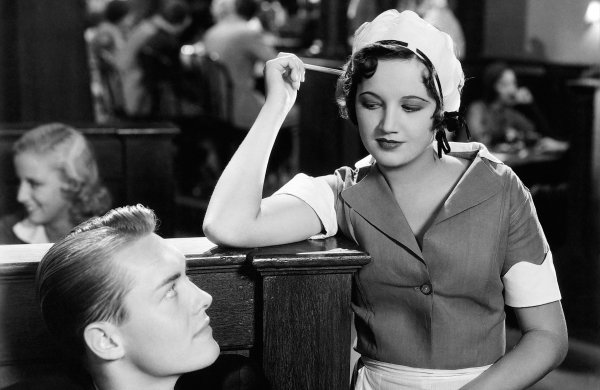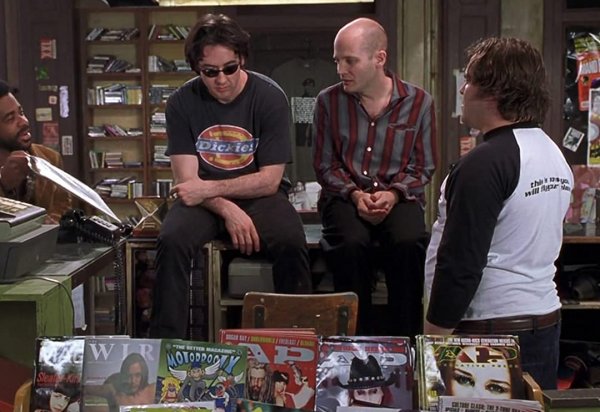- Messages
- 12,736
- Location
- Northern California
I enjoy Harper enough, but only because Harper (the detective) is the Ross MacDonald character, Lew Archer. MacDonald is one of my favorite authors. Sadly, Harper (the movie) doesn’t measure up well to MacDonald’s much more entertaining stories.View attachment 320563
Harper from 1966 with Paul Newman, Lauren Bacall, Julie Harris and Janet Leigh
Harper is a bit of a hot mess, but a strong performance by Paul Newman holds this 1960s version of the classic 1940s noir-detective movie together. While there's, thankfully, all but no 1960s camp here, some of the decade's later new-age and hippie stuff seeps in to muddle the noir visuals, but that was reality in the second half of the decade.
Newman is a torn-and-frayed private detective - he's Bogey in The Maltese Falcon adjusted to 1960s cultural norms. Like Bogey, he's got a moral code that isn't Boy-Scout approved, but still, it's not bad and Newman, as did Bogey, tries to honor it.
Kicking off with an inside-Hollywood echo of The Big Sleep, Lauren Bacall hires Newman to find her missing, wealthy husband. Bacall, and almost everyone who knows her husband - his lascivious teenage daughter, his pilot and his former mistress - seem to be hoping Newman will find a corpse at the end of his search.
When that search reveals that Bacall's husband has been kidnapped, Newman drives his cool beat-up Porsche, which like him, seems held together by Bondo, all over the greater LA area trying to put the pieces together.
This leads him to a complicated-as-heck kidnapping strategy that includes a spiritual cult with a shady leader (do cults have any other kind of leaders?), a jazz clubs with a strung-out junkie singer (Julie Harris), oil fields used by the mob to "hide the bodies" and, in some kind of tangential connection, an illegal immigrant labor scheme.
It all somewhat comes together at the end if you think real hard, but for most of the movie you're just trying to catch up to Newman in figuring this one out. Even he seems to be throwing a lot of punches in the dark; still, he's several steps ahead of the plodding police.
The good in this one is not the Rube-Goldberg plot, but Newman doing the cool, disaffected private-investigator thing. This includes getting beat up a few times, aggressively tweaking the police and unenthusiastically shooting some of the bad guys. It also includes a wonderfully real, late-night booty call to his divorcing-him wife, Janet Leigh (stuffed into her jeans), who clearly still wants Newman in her...umm, life.
In a perfect mashup of film noir and later-sixties' zeitgeist, the end is, literally and philosophically, an amoral shrug of the shoulders that (minor spoiler alert) lets one of the bad guys go free, but it kinda makes sense.
Had a half hour of Harper's two hours of run time been left on the cutting-room floor, nothing much would have been lost. But despite its shortcomings, it's still good to see the iconic noir-detective torch picked up in the 1960s by Newman to later be handed off to Jack Nicholson in the 1970s classic Chinatown.





